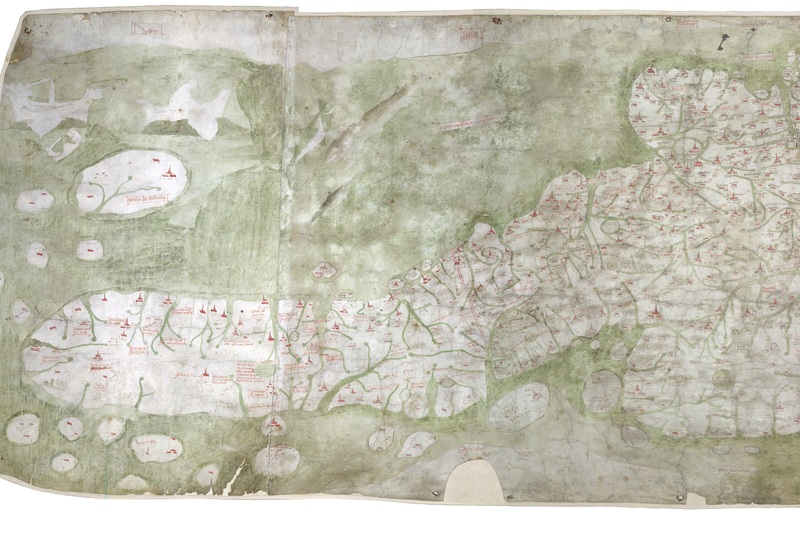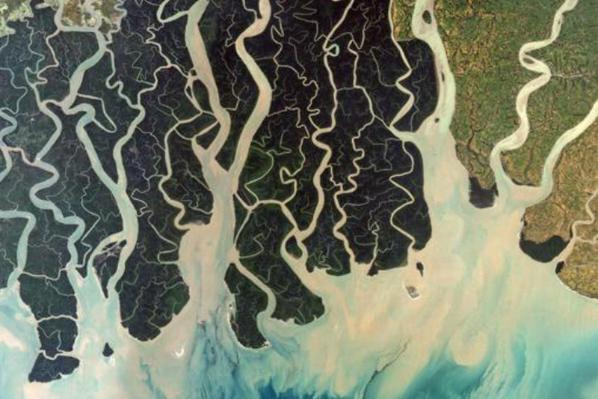Geography at Queen’s, established in 1928, has significantly influenced research in both physical and human geography.
In human geography, we have led discussions on space, place, and global geographies of knowledge, politics, and power, contributing to the understanding of war's cultural legacies, climate reductionism, and the changing geographies of ethnic diversity, inequalities, and migration.
In physical geography, our research spans climate and environmental change, climate adaptation and mitigation, peatland dynamics, and soil erosion. Our geoforensics work is widely applied in crime scene investigations. In Geographical Information Science (GISci), interdisciplinary research using big data addresses health and environmental issues and develops tools for tracking migration. Our commitment to interdisciplinary research and collaboration with non-academic partners positions Queen's geographical research at the forefront of contemporary social, cultural, and environmental debates.



















